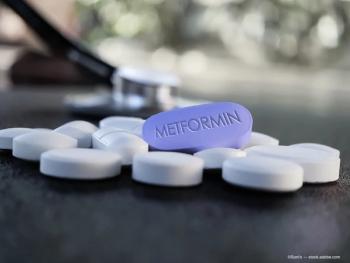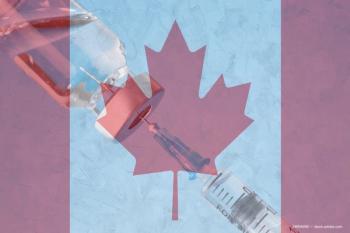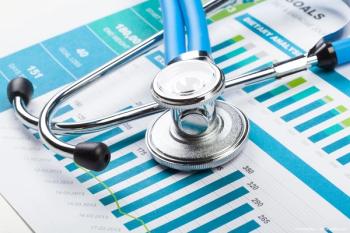
Impact of COVID-19 on Management of Wet AMD
A panel of experts considers the impact of COVID-19 on wet AMD management and discusses the potential for telemedicine and home monitoring devices.
Episodes in this series

Charles C. Wykoff, MD, PhD: Let’s get into how you manage these patients, what your discussion is, and what medicines you use. But before we get there, let’s talk about COVID-19. This has certainly changed all our lives over the last year, and it’s weird to look at you all without masks on. But how has COVID-19 affected this transition to the treatment-naïve wet AMD [age-related macular degeneration]? Are you seeing patients present later because of COVID-19? Are they delaying coming in? Mark, what’s happening related to COVID-19?
Mark P. Breazzano, MD: It’s a great question. Clearly, COVID-19 has been such a transformative event for all of us, right? In health care, politically obviously, all over the world. And especially in our clinics and how we treat wet AMD. A lot of patients, as you pointed out, may be more hesitant to coming in. Especially early in the pandemic, the number of patients coming into the clinic decreased to help increase social distancing. We are disinfecting every piece of the room to make sure they’re getting these treatments. To some extent, safety concerns for many patients are warranted. There are some data coming out of NewYork-Presbyterian Hospital that showed that AMD patients have a higher mortality risk independent of their age or sex. And a lot of that seemed to be from dysregulation of potentially their immune system. As we know, AMD is a complement-mediated disease, so it makes sense, but at the same time we want to make sure they’re coming in and getting their treatments and preserving vision. It’s clearly that balance of getting that safety and preserving vision for our patients.
Charles C. Wykoff, MD, PhD: Diana, I’ll come to you with the next thought: telemedicine You live in Silicon Valley, so you guys are ahead of the curve when it comes to technology. Are you guys at Stanford [University School of Medicine] using telemedicine in any meaningful way when it comes to patients with wet AMD or maybe retina in general?
Diana V. Do, MD: Telemedicine is a hot and emerging field of medicine. And certainly, it has exploded in the primary care sectors where a lot of patients, because of the pandemic, felt safer having virtual discussions with their physicians. Specifically for retina, it’s more challenging because many of our patients still need to be seen in our clinic for intravitreal anti-VEGF therapy, for lasers or for evaluations for symptoms that might suggest retinal detachment. For retina it’s more challenging, however, we have adapted some telemedicine for people who have chronic, stable retinal diseases, such as diabetic retinopathy, that can be monitored with ocular imaging and less frequent visits to the retina specialist. But it’s still challenging for our field because we need a more thorough examination of the post year segment. Often, we need to do procedures to save and preserve a patient’s vision.
Charles C. Wykoff, MD, PhD: Excellent comments. We all look forward to home OCT[optical coherence tomography] also, for sure. Then there is 1 FDA-cleared device for monitoring intermediate dry AMD before conversion to wet. Anyone have experience using that, especially during the COVID-19 environment, or is that not really on our use list? I have used it quite a bit, a lot more pre–COVID-19 than during COVID-19. It’s a great device for some patients. In general, though, home monitoring is a challenge. It takes consistent compliance in patients, at least with our current technology, who are willing to engage with technology in a reliable way. We have a long way to go but certainly it’s very promising.
Transcript edited for clarity.
Newsletter
Don’t miss out—get Ophthalmology Times updates on the latest clinical advancements and expert interviews, straight to your inbox.






























